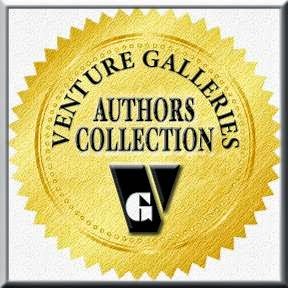
Most readers ask similar questions – where story ideas come from, whether my character Cass Elliot is named after the famous singer, or how long it takes to write a book. Some share story ideas – like the time a urologist was literally pulled out of bed to perform kidney surgery on a mafia boss while gowned armed guards stood watch in the operating room. How's that for inducing performance anxiety?
Occasionally someone comes to an event with a gleam in their eye and a detailed list of questions:
How could you end THE DEVIL OF LIGHT without bringing the old man to justice? I want him dead. Or at least in prison. (All I can say is, I’m writing a series. I know, I know. THE DEVIL OF LIGHT leaves the reader hanging, and maybe I could’ve ended that book better. All I know for sure is that the old man isn’t done with Forney County, and Cass isn’t done with him.)
Please don’t let anything bad happen to Hitch. I know he’s a horrible multiple murderer, but I kind of like him. (I kind of like him, too. Which worries me a bit. I’d like for him to hang around Forney County for a while, but we’ll see where the stories go.)
I really loved your writing style in A CASE OF SOUR GRAPES, but I don’t like Maxine. She’s too into her handbags and shoes. Couldn’t you write like that but use Cass as your main character? (I hear you, but it wouldn’t work. Maxine and her foibles are as key to the plot as is the search for the missing husband – Cass is too intense to bring that level of impulsiveness and misadventure to a story.)
But my favorite reader interaction to date occurred at church, which is a little weird given that I write crime novels with a certain level of violence. A lady with the sweetest disposition pulled me aside one Sunday and said, “I thought about you yesterday.”
“Really?” I asked.

“Yes. My son killed two deer and was processing them, getting ready to put them in the freezer. While I watched, I realized how hard it must be to actually dismember a human body.” Slight frown. “Or at least to do a neat job. It’s not easy to take a leg off at the hip without making a mess. It’s got to be even harder to saw through bone like Hitch did. What do you think?”
We spent the next several minutes, this gentle lady and I, discussing how one would go about cutting up a human body. Where would you do it? What about evidence? What do you do with all the parts? Dig a hole? Use a wood chipper? Where does one find a wood chipper in a rush? How much bleach would it take to clean up?
The fact that we were in the church foyer with congregants streaming around us didn’t bother either of us in the least.
“Well,” she said, patting my arm. “Just wanted you to know I was thinking about you.” And off she went to refill the coffee urn, leaving me to wonder if she would ever have thought about dismembering a human body before reading my books.
I certainly hope so.
I can’t afford that kind of therapy for my readers.
Where is the most unusual place you've had a discussion with a reader or writer?
photo credit: Alistair-Hamilton Bookshop 4 via photopin (license)
photo credit: PHOTOPHANATIC1 deer via photopin (license)




























